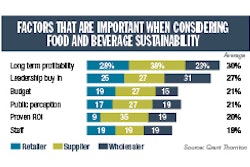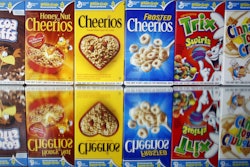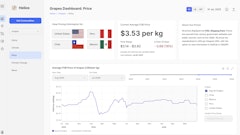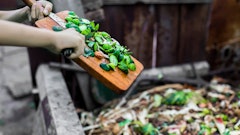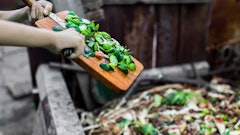
Nearly a decade ago, I wrote a cover story for another B2B publication on sustainability in the transportation sector. Admittedly, it probably fell a little short in audience appeal. But, there were a handful of people in the supply chain industry who clearly understood the connection between sustainable supply chains and the impact on the bottom line. These weren’t tree huggers; they were shrewd executives.
There was a story shaping up and it was intriguing.
Shortly thereafter, the global economic crisis hit hard. I was certain that the early progress surrounding sustainability in the transportation sector would be jettisoned, particularly those initiatives that required an upfront investment with an ROI that wasn’t immediate.
Yet, that’s not what happened. The forward-thinking people who viewed sustainability as a business imperative actually doubled down. They went after the low hanging fruit first, starting with their truck fleets—making sure tires were properly inflated, reducing excessive idling, installing speed governors—then fought hard to get funds for TMS solutions and other software and equipment upgrades that could squeeze even more fuel efficiency from their fleets.
Today, sustainability is fundamental to supply chain strategy. “Green” equals lean; that’s easy. Sustainability is also a mindset. It’s a new way of thinking for companies and leadership who not only recognize the business case attached to it, but also appreciate the long-term benefits of sustainability beyond their organizations.
The food and beverage supply chain gets this—environmental stewardship and agriculture are intimately related. Moreover, food waste can be reduced substantially in developed and emerging economies, while food security can be improved as well.
Our annual “Top Green Providers” list, which highlights sustainability in our industry, continues to grow (page 27). The 2015 list is twice as big as last year’s and the depth and breadth of the various sustainable initiatives under way is impressive.
Sustainability is a constant bright spot that spurs innovation and inspiration. In December, NPR reported on a movement to embrace “ugly fruit” as a way to reduce food waste. According to the United Nations Environment Program, as much as 20 to 40 percent of fresh produce is wasted because it doesn’t meet retailers’ cosmetic standards. French retailer Intermarche, the country’s third-largest supermarket, launched an “inglorious fruits and vegetables” campaign to cultivate consumers’ acceptance of less-than-pretty produce.
The movement is spreading throughout Europe and is even taking hold in the U.S. It is also another example of how sustainability continues to manifest in our industry.
Enjoy the read.
CALLOUT:
Sustainability is a constant bright spot that spurs innovation and inspiration.





